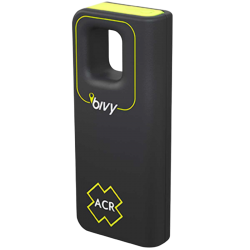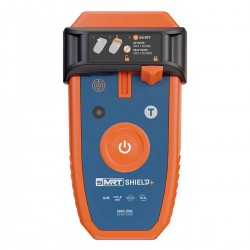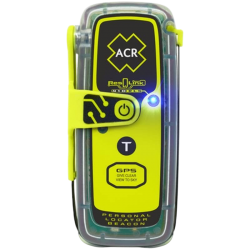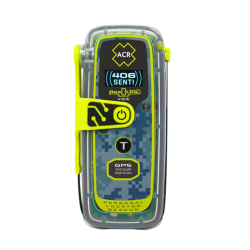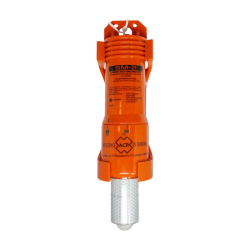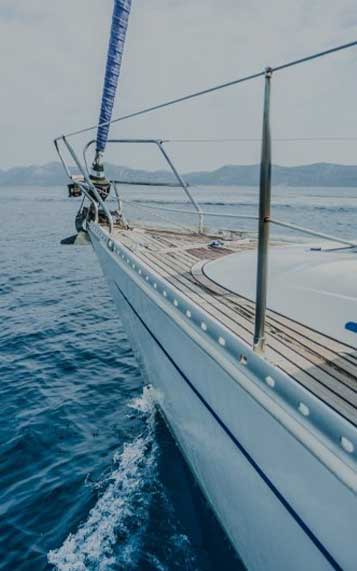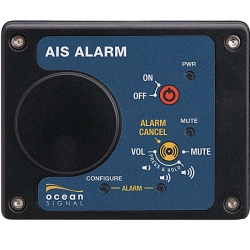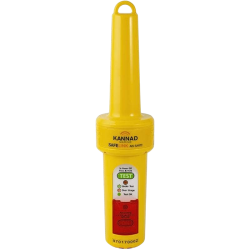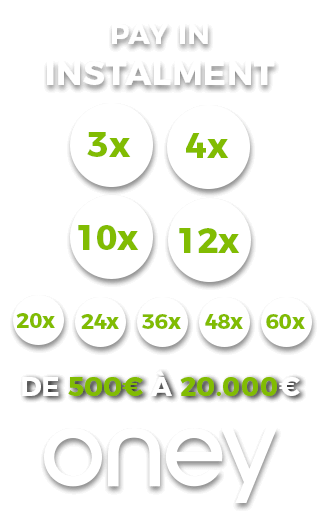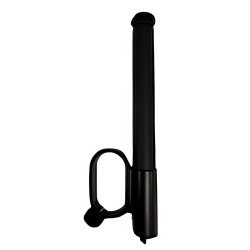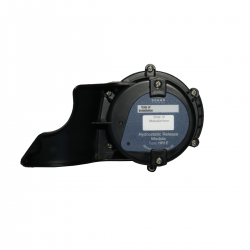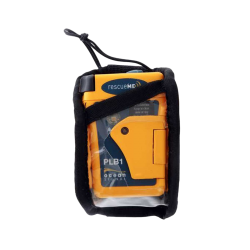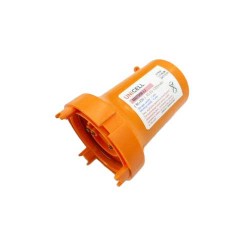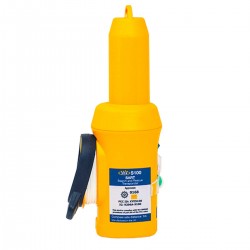Emergency beacon
Safety at sea is a priority. Technological innovation offers useful and reliable means of prevention. Equipping yourself with an EPIRB3 distress beacon or a PLB1 personal locator beacon is essential to counter difficult situations and enable emergency services to locate you quickly. Discover our range of beacons specially designed for navigation. As of 01/07/2023, the new MSC.471(101) regulations require all EPIRBs to be fitted with a GNSS receiver, an AIS locator transmitter and a light visible to night vision equipment, in addition to their well-known 406MHZ & 121.5MHZ EPIRB functions. Beacons not equipped with this device can no longer be registered by ANFR after 31/06/2023.
- -€24.25
- -€21.75
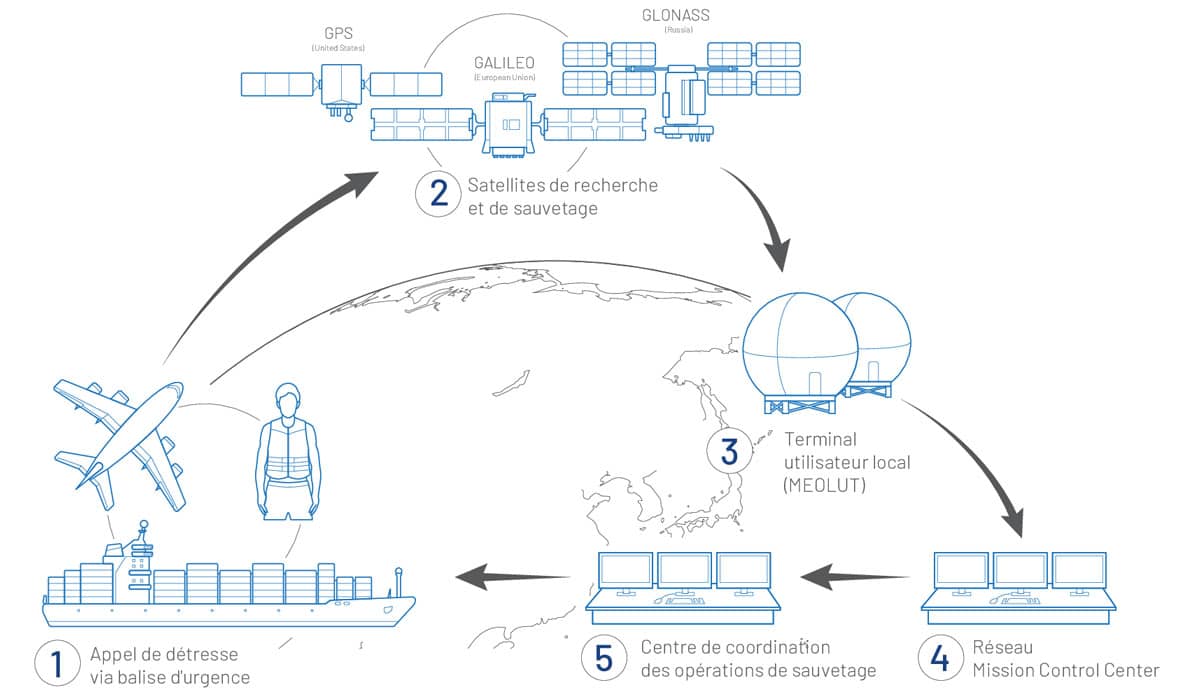 |
How a beacon worksA beacon is a maritime device used to locate a person who has fallen overboard, or a boat at sea, in the event of danger. Beacons operate via satellite signals or VHF waves, and enable rescue services to locate you. All beacons operate via the international Cospas-Sarsat distress system, which coordinates distress alerts received via the satellite network. They transmit at different frequencies and specific signals for optimum detection by SAR (Search And Rescue) centers around the world. EPIRBs emit a 406 MHz signal that is decoded by orbiting satellites. They are fixed beacons on board a ship. PLB and AIS beacons also emit a 121.5/243 MHz VHF frequency that can be detected by nearby boats. A beacon's autonomy, thanks to its built-in lithium-ion battery, averages 5 years for the most powerful models. Comptoir Nautique we offer a wide selection of beacons for use on both pleasure and professional vessels. |
The different types of beaconDistress beacons fall into two categories: EPIRBs and PLBs ( AIS). EPIRB beaconsPleasure craft are required to be fitted with an EPIRB whenever they are sailing more than 60 miles from the coast. The EPIRB (Emergency Position Indicating Radio Beacon) is an emergency position-indicating radio beacon. The beacon is attached to the boat, dedicated to a single vessel and identified by its MMSI number. It can be placed on deck or in a rack. These robust beacons are triggered by contact with water and send out an alert. They transmit both satellite and radio waves. Rescue centers are informed within minutes. The EPIRB can be fitted with a GPS or AIS beacon, making it easier to locate nearby boats or rescue teams. The PLB beaconA PLB (Personal Location Beacon) performs the same function as an EPIRB. However, it is paired with a user, not a boat. It is triggered manually. The PLB must be registered with the maritime authorities. It is particularly suited to solo sailors. It can be attached to a lifejacket and has an LED light. The ocean signal plb3 belongs to this category The beacon AISA AIS beacon can be attached to a lifejacket or stored in a pocket. It can be triggered automatically or manually. There are two types of beacon AIS: MOB beacons and SART beacons. A AIS beacon can only be perceived by vessels equipped with AIS receivers. This type of beacon can also be fitted with a stroboscopic LED to facilitate night-time rescue. This is the case with the ocean signal mob1. |
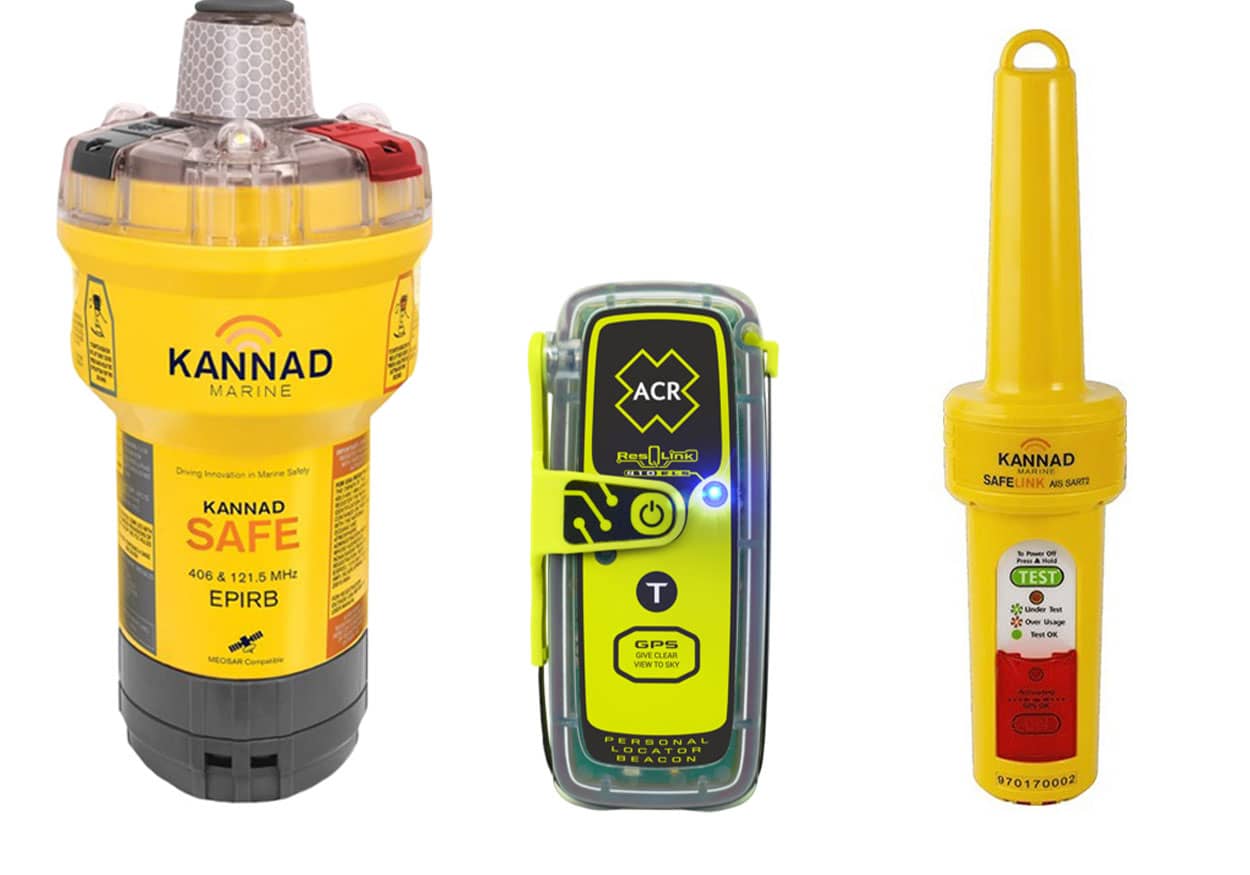 |
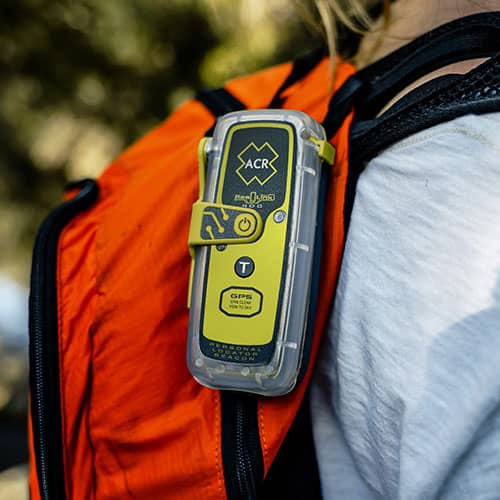 |
Choosing an emergency beaconThe type of beacon you need depends on how you navigate.
At Comptoir Nautique, we've selected beacons and accessories to meet all your needs. Beacons are available in stock at Comptoir Nautique for delivery throughout France and worldwide. Find our different categories and products from the McMurdo, Ocean signal or Kannad brands at the best prices! |

